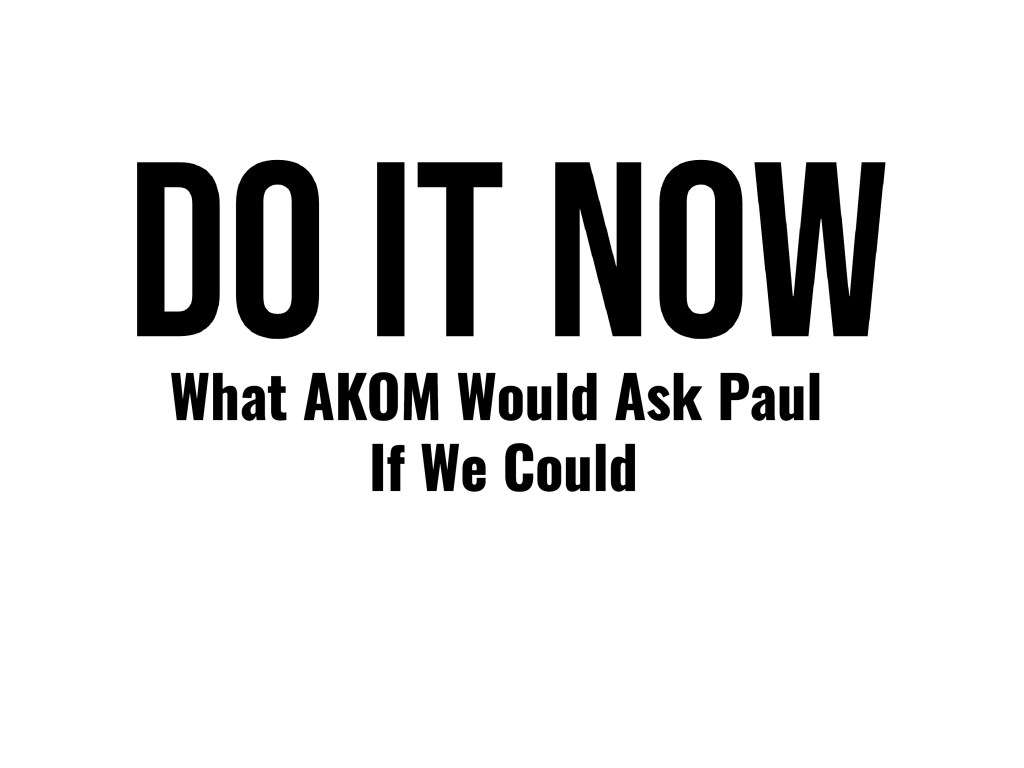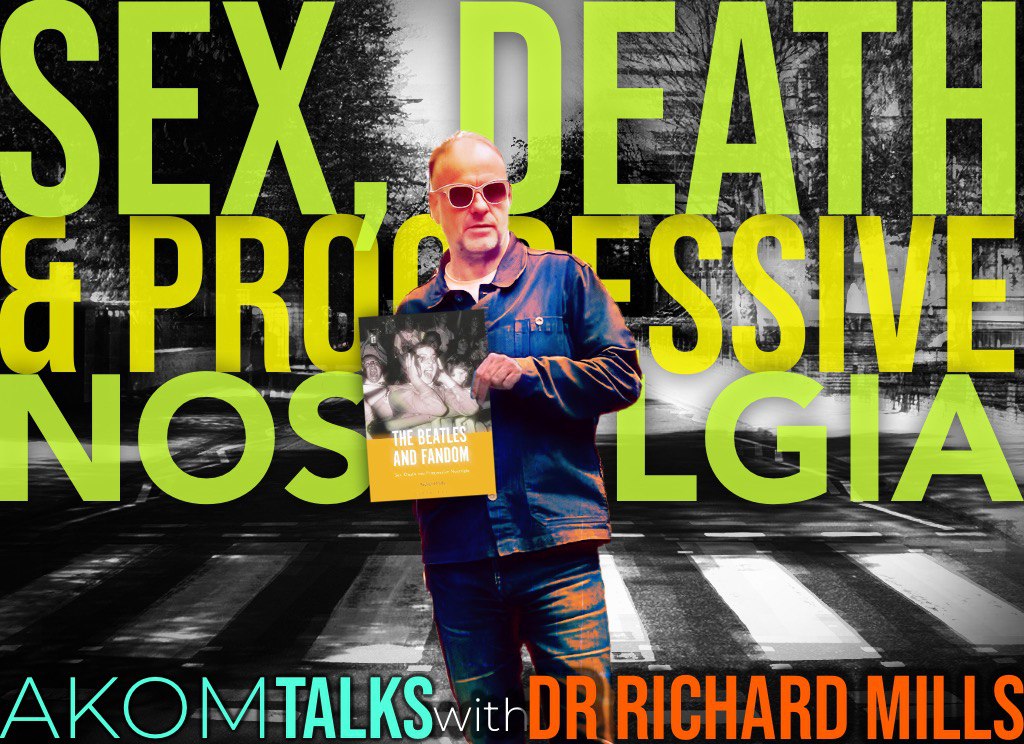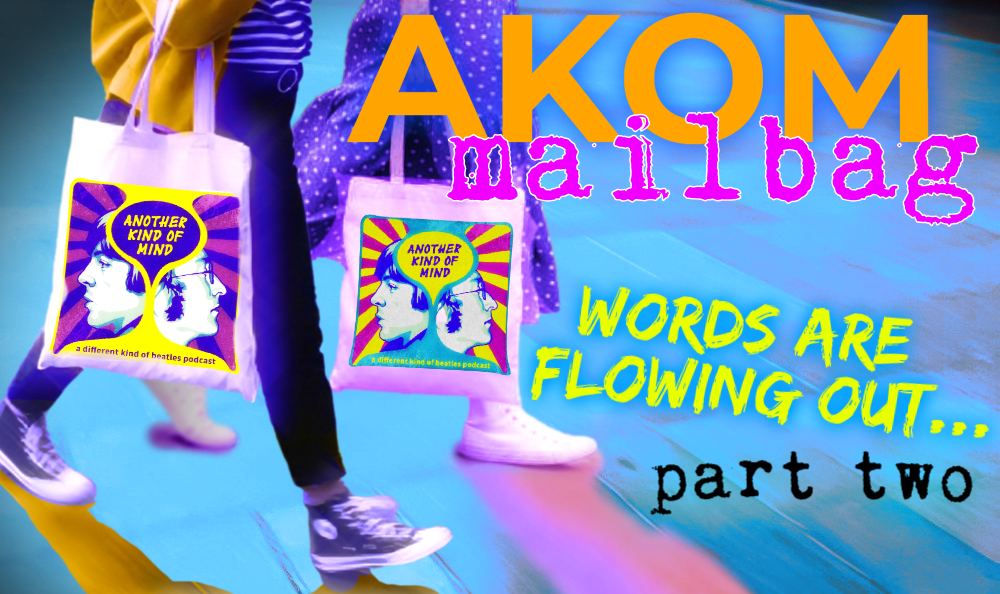
Listen HERE
SUMMARY: In Episode One, Phoebe and Daphne dissect Paul’s new social life in London and its impact on Lennon/McCartney. They also unpack the LSD issue, the contentious writing of Eleanor Rigby, the making of Revolver and the Beatles’ final tour.
PLAYLIST
All You Need is Love THE BEATLES
A Day in the Life THE BEATLES
She’s About a Mover SIR DOUGLAS QUINTET
For Your Love THE YARDBIRDS
Do You Feel it? THE RASCALS
Uptight (Outasight) STEVIE WONDER
Can’t Seem to Make You Mine THE SEEDS
Sctrinctnine THE SONICS
London Social Degree BILLY NICHOLLS
Eleanor Rigby RAYMOND LEFEVRE
She Said She Said THE BEATLES
Tomorrow Never Knows THE BEATLES
Rock n Roll Music THE BEATLES (Live in Munich, 1966)
Back in My Arms Again THE SUPREMES
Shotgun JR WALKER & THE ALL-STARS
SPOTIFY PLAYLIST:
https://open.spotify.com/playlist/43EkdNMkwtKVy01Pkh9pps?si=39e3f48406ed4ede
SOURCES:
Many Years From Now by Barry Miles (1997)
In My Life by Pete Shotton (1983)
Groovy Bob by Harriet Viner (1999)
I Read the News Today by Paul Howard (2016)
“Lennon Remembers,” with Jann Wenner, Rolling Stone (1970)
David Sheff interview (1980)
Days in the Life by Jonathan Greene (1988)
BBC Interview “The Lennon And McCartney Songbook” (recorded August 6, 1966; Aired August 29, 1966)
The Beatles Bible www.beatlesbible.com
Link to Daily Mail’s Paul Howard excerpt: https://www.dailymail.co.uk/femail/article-3857042/Poor-little-rich-boy-friend-butler-Guinness-heir-Tara-Browne-s-death-car-crash-aged-21-inspired-one-Beatles-greatest-hits.html








